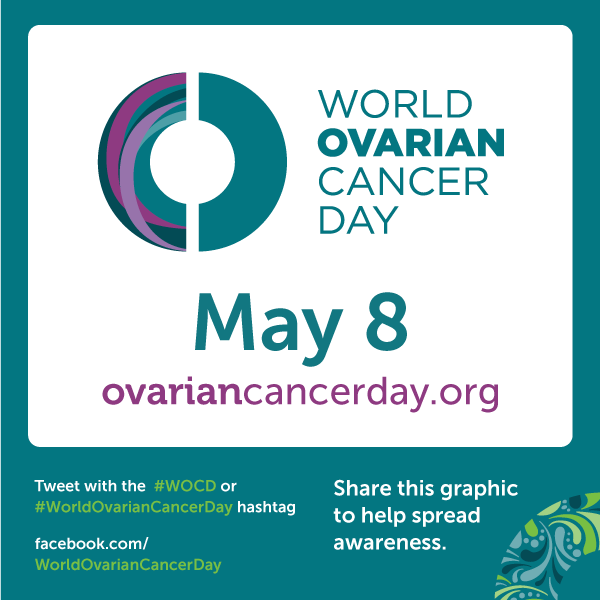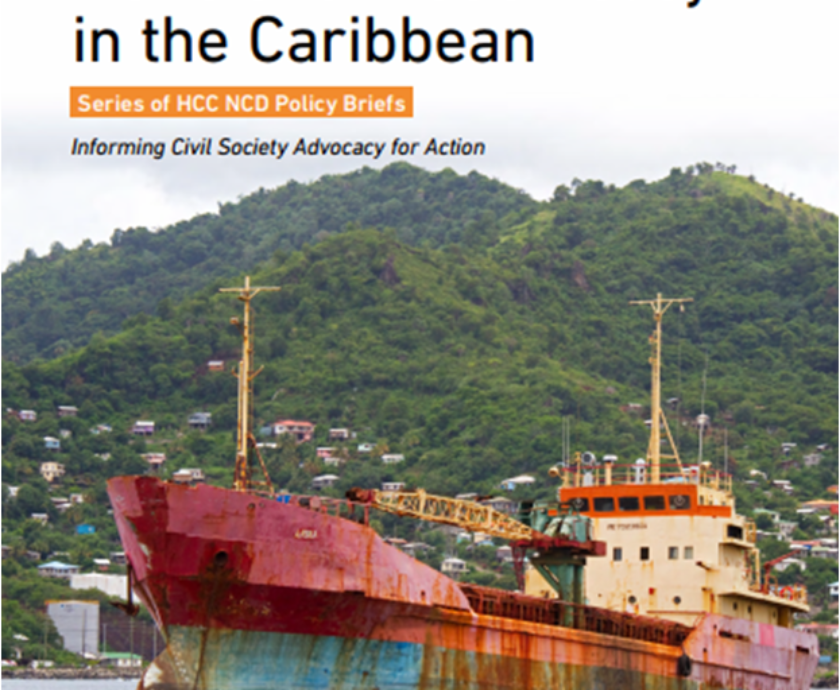This week doctors representing the Academy of Medical Royal Colleges have written an article in the BMJ about the problem of overdiagnosis which is where “individuals are diagnosed with conditions that will never cause symptoms or death”. The article explains that overdiagnosis is a direct result of the medical profession aiming to achieve early diagnosis but this drive to ensure that we diagnosis more diseases earlier means that in some situations we are creating more harm than good. Another consequence of endeavouring to ensure an early diagnosis is that many doctors are using treatments where there is no evidence of clinical benefit, just so they are seen to be taking action. All of this means that in many patients are treated unnecessarily, resources are being wasted and we’re increasing patient anxiety, for no reason.
The issue of overdiagnosis has been recognised worldwide with the formation of Choosing Wisely in Canada and the USA which aims to advance dialogue on avoiding wasteful or unnecessary medical tests, treatments and procedures. The Academy of Medical Royal Colleges in the UK will be launching a UK Choosing Wisely programme and have put forward to following changes that need to take place if this type of programme is to be successful in addressing over diagnosis and overtreatment.
- Doctors should provide patients with resources that increase their understanding about potential arms of interventions and help them accept that doing nothing can often be the best approach.
- Patients should be encouraged to ask questions such as, “Do I really need this test or procedure? What are the risks? Are there simpler safer options? What happens if I do nothing?”
- Medical schools should ensure that students develop a good understanding of risk alongside critical evaluation of the literature and transparent communication. Students should be taught about overuse of tests and interventions. Organisations responsible for postgraduate and continuing medical education should ensure that practising doctors receive the same education
- Commissioners should consider a different payment incentive for doctors and hospitals.
The Lake Foundation is happy to see Choosing Wisely being introduced in the UK and we look forward to seeing this project develop over the next couple of years.
For more information read the BMJ article here












